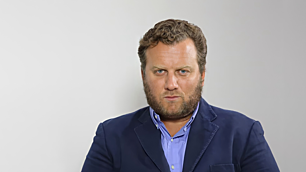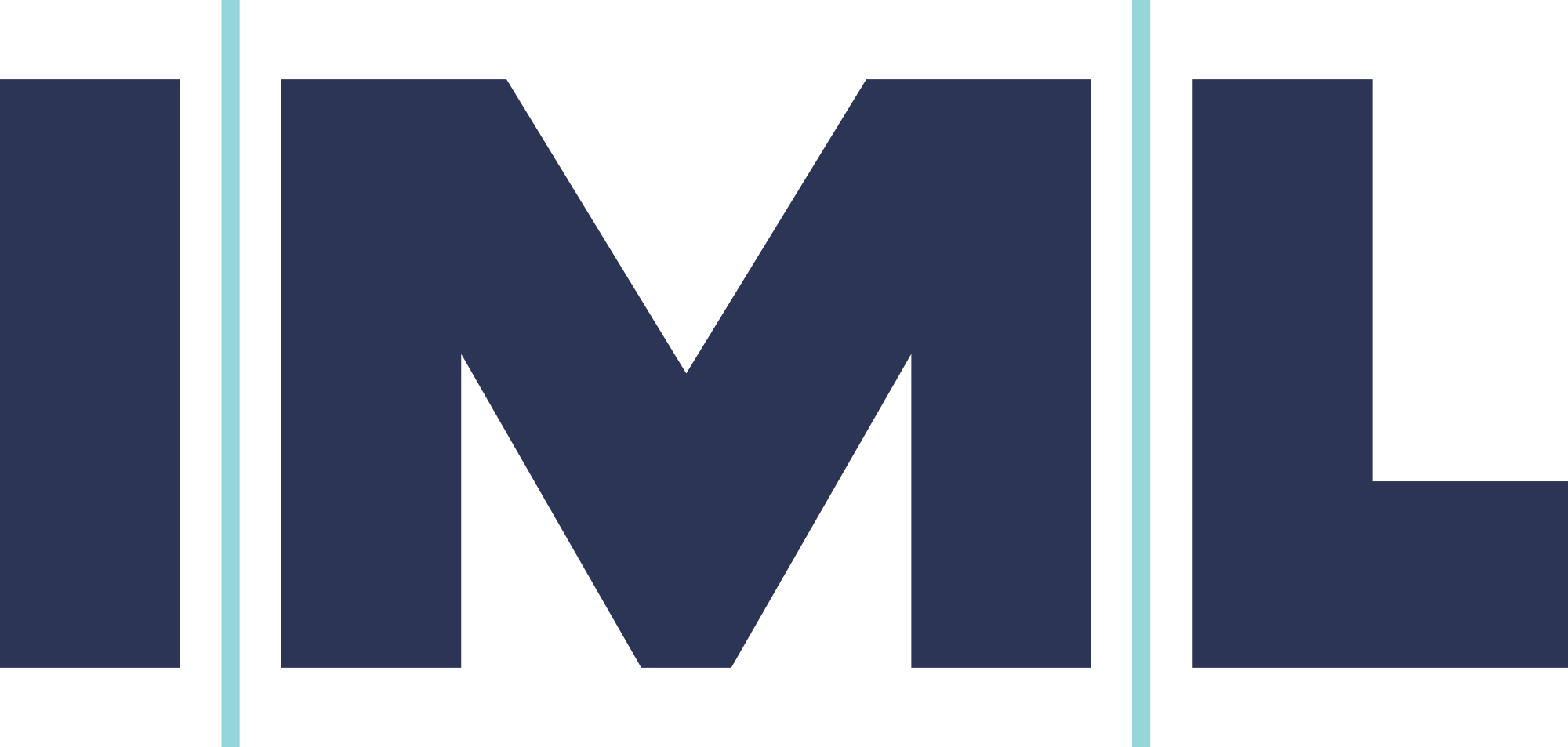Fixed income versus equities: the fight is back on
But are the returns on offer all they are cracked up to be? Should you take the guaranteed return over the higher risk/reward option? More specifically, is the 5% currently being offered by term deposits enough to entice investors away from volatile equity markets?
The answer isn’t immediately obvious.
From a financial perspective, guaranteed returns in a lower-risk asset sound like a no-brainer. But it’s worth remembering that inflation is at 7%, while term deposits are yielding (roughly) the aforementioned 5%. Should inflation remain sticky, your income isn’t keeping up with the cost of living.
Even from a psychological perspective, there isn’t a clear result.
The concept of risk aversion in psychology says that our decisions are typically motivated more by fear than by gain. What an individual fears most varies, and you’d probably find an even split if you asked a crowded room. Do you most fear losing money by taking a chance on a riskier asset? Or do you most fear losing out on the potential gains of a riskier asset by investing in the guaranteed option?
Even if you choose the riskier path, there's a question of what returns you should expect. This question was recently explored by Coolabah Capital's Christopher Joye in this article:
.jpeg)
Livewire asked three fund managers from opposite sides of the fence to answer the question of where investors should hold their funds. We’ll leave it to you to decide which side reigns supreme.
Introducing the fund managers
While Togher believes in diversification, if he had to make a call, he argues that risks on the horizon could weigh on equity valuations. Instead, the returns on offer in fixed income are appealing at the moment. It’s worth noting that the 5% TDs being offered by some of the major banks are the highest in over a decade.
“If you invest in a term deposit issued by one of the major Australian banks, you can be pretty confident you’ll get your money back, plus the advertised interest. Nobody can say the same thing about an investment in equities with any confidence, regardless of your investment horizon,” he says.
Michael O'Neill and Tuan Luu are portfolio managers for IML, which focuses on quality and value equities investing. Unsurprisingly, they are in favour of equities over fixed income.
“While equities are more volatile than term deposits, over the long-term, they generally outperform both term deposits and inflation. In addition, if you invest in a collection of quality companies that pay consistent dividends, this tends to decrease the volatility of your equities investment,” they say.
A question of risk
At a base level, equities are ‘riskier’ assets compared to fixed income. The reason for this is simple. Equities have no set return and are obviously dependent on a company’s fortunes. You also stand the chance of losing all your money. By contrast, fixed income assets - minding quality - traditionally offer a set yield and return of the principal invested at the end of a set investment period.
That’s not to say that fixed income investments are risk-free, though.
“Currently, term deposits carry a negative real rate of return because the inflation rate is above the current level of interest rates. The real rate of return is what you get when you subtract inflation from the nominal rate of return,” say O’Neill and Luu.
By way of demonstration, if your term deposit pays 5% and inflation is 7%, then your real return from the term deposit is -2%. Your principal is worth less when the fixed income term matures, compared to when it was invested. O’Neill and Luu also point out that tax is calculated on nominal returns - an added loss.
On the flip side, there’s no guarantee of returns at all in equities and those investors banking on returns above inflation may be in for a surprise. Togher notes that rising interest rates and the likelihood of a growth slowdown have already eroded business and consumer confidence in Australia and elsewhere.
“This is important, because in my experience, lower confidence levels typically feed through to lower spending by firms and individuals. That doesn’t augur well for company profitability and, in turn, equity valuations,” Togher says.
O’Neill and Luu similarly expect the coming year to be challenging for equities, anticipating volatility to remain high. They are more comfortable about the longer-term outlook.
The outlook for fixed income
Just like equities, fixed income assets have also experienced volatility in the past year due to inflation and rising interest rates. This is set to continue.
Togher says that Australian bond yields have actually been moving sideways within a range across the past year and this is unlikely to change this year.
“Currently, consensus forecasts indicate we’re quite close to the peak in US interest rates, but if forward-looking expectations start to increase, it’s plausible we could see bond yields climb higher, potentially breaking out of the top of their recent ranges,” he says.
“On the other hand, investors could start to price in the prospect of lower official interest rates later this year if inflation comes off the boil and if economic activity levels start to deteriorate more meaningfully. This would likely see bond yields move lower, perhaps pushing them down through the current bottom of the recent trading channel.”
Chasing opportunities
Be it fixed income or equities, the fund managers are equally excited by the opportunities to be found in a challenging year.
Togher sees increasing yield as offering a more solid base for returns, with opportunities spread broadly.
“Prospective returns from high quality corporate bonds are particularly enticing, for example. Orderly and moderate increases in interest rates are not necessarily a bad thing for corporate bond issuers, as long as profitability continues to hold up well enough for companies to service their debt repayment obligations,” Togher says.
In equities markets, O’Neill and Luu are using put and call options to take advantage of volatility. In looking for longer term options, they’ve looked for companies with pricing power and strong balance sheets to weather short-term volatility and offer strong prospects beyond this year.
“Companies that meet this criteria, and we think are particularly well placed to weather these volatile markets include Sonic Healthcare (ASX: SHL), Medibank (ASX: MPL), The Lottery Corporation (ASX: TLC), Brambles (ASX: BXB) and Telstra (ASX: TLS)," they say.
Banking on the future
Despite the fund managers loudly advocating for their own asset class when pushed, it’s fair to say all are believers in a diversified portfolio. Bluntly - hold both.
“There’s typically a place for both equities and fixed income in a well-constructed portfolio; each can outperform the other, depending on prevailing market conditions and where we are in the economic cycle. Holding both can therefore help smooth investment returns over time, which is desirable for most people,” Togher says.
If you bring it back to the idea of risk aversion or the financials, this makes sense. Seeking the best of both worlds may mean you miss the great highs and the big lows, but it is more likely to give you a better ride and result.
You can find out more about the strategies used by First Sentier Investors and IML in the funds below:


1 topic
5 stocks mentioned
2 funds mentioned
3 contributors mentioned

